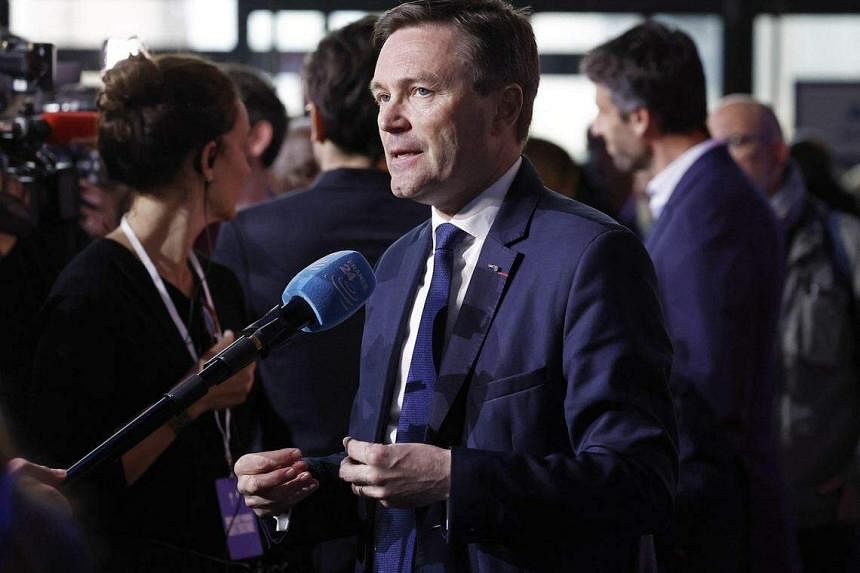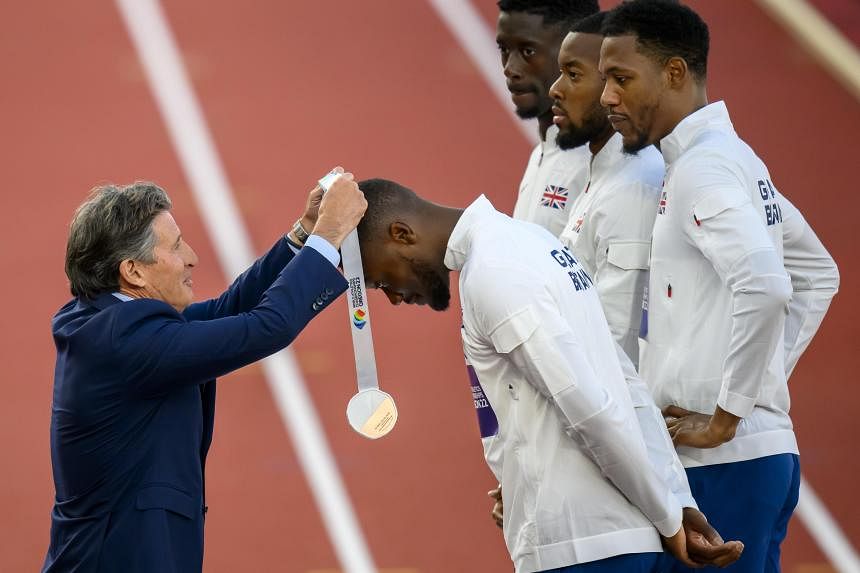PARIS – World Athletics president Sebastian Coe’s decision to award prize money to Olympic gold medallists was welcomed by athletes –but sparked a backlash from bosses of other sports.
The Briton caused controversy when he announced last week that athletics gold medallists at the 2024 Paris Games will receive US$50,000 (S$68,000).
It is the first time a sports federation will pay prize money at an Olympics.
The total prize fund of US$2.4 million will come from the International Olympic Committee’s (IOC) revenue share allocation that World Athletics receives every four years.
In the strongest criticism, the Association of Summer Olympic International Federations (ASOIF) said on April 19 that the move “undermines the values of Olympism and the uniqueness of the Games”.
“One cannot and should not put a price on an Olympic gold medal,” it added.
International Cycling Union (UCI) president David Lappartient also made clear his displeasure.
“If we concentrate money on top athletes, a lot of opportunities will disappear for athletes all over the world,” he said.
“We really believe that this is not the Olympic spirit. The proposal was not discussed.”
It was not just the decision to pay prize money that annoyed Coe’s fellow federation chiefs, but the timing of it.
“ASOIF was neither informed nor consulted in advance of the announcement,” it said, adding that “it is important and fair to discuss the matter at stake with the other federations in advance”.
“What surprised everybody is that Coe took the decision unilaterally with one hour’s warning to the IOC and zero hours warning to other federations,” said Michael Payne, a former IOC marketing director who retains close links to the body.
“The view of the federations, not unreasonably, is that they have been thrown under a bus. What are you going to do only three months before Paris?”
Coe’s British compatriots have also been critical of the decision.
“Now, other sports are clearly going to get some scrutiny or even pressure from athletes saying: ‘Well what about our sport?’” the British Olympic Association’s chief executive Andy Anson told Sky Sports.

“It’s a debate we can have, but we need to have it at the right time, and the right place, and together.”
Coe, a double Olympic 1,500m champion in the 1980s, argued that his sport had long since ceased to be amateur “so it is very important that the sport recognises that change in landscape”.
In a statement on April 19 responding to the federations’ criticism, World Athletics said paying prize money was “about underscoring our unwavering commitment to empowering the athletes and recognising the critical role they play in the success of any Olympic Games”.
“We think it is important to make sure some of the revenues generated by our athletes at the Olympic Games are directly returned to those who make the Games the global spectacle that it is,” it added.
Athletics is traditionally the headline sport at any Olympics and athletes who are in the heart of it welcomed the move.
Karsten Warholm, the Olympic men’s 400m hurdles champion, said last week: “To be honest, anything offered in terms of a prize is good for the athletes, it’s motivation.” AFP

